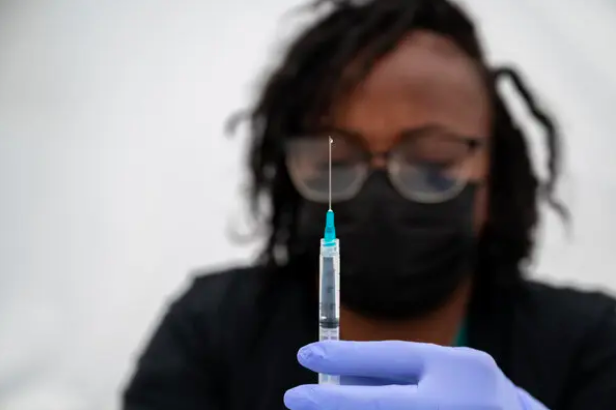By Josh Daniels
As we approach the two year mark of the discovery of COVID-19, America continues to become more and more polarized politically over how we should handle the pandemic as a nation. Debates over mask mandates, lockdown restrictions, and now vaccination policies have put science to the side and politics first. Since the FDA approved the Pfizer vaccination, it is clear that anyone who is able to get the shots should get vaccinated, but can the same be said about the booster shot? Recent turmoil has broken out between the FDA and the Biden administration over whether or not it is necessary for all people to get the booster shot, and the FDA thinks politics are playing a clear role in the plan.
To understand the full picture, you first need to understand where the creation of the booster shot came from. The vaccination’s first goal is to prevent you from getting seriously ill, not to prevent you from getting the virus. However, the vaccination clearly prevents infection as well, with a substantially lower number of vaccinated individuals contracting the virus than unvaccinated individuals. Recently, more and more breakthrough cases (vaccinated people testing positive for COVID-19) have been emerging. This makes sense – variants of the virus are getting more and more contagious, so it is understandable that there will be more and more breakthrough cases. The issue is the vaccine seems to not be not be as effective for those who got it when it first became available compared to those who just recently got it. People who are vaccinated are also getting sick.
Now while breakthrough cases are still considered very rare, it is important to make sure we can find a way to prevent them as best as possible, and if the cases seem to be in people who were vaccinated long ago, this is where your third dose of the vaccination, or booster shot, comes into conversation. With multiple wealthy countries beginning to introduce booster shots, America has also decided to roll out a plan for another dose, but this is where the controversy arises. The FDA recommended that people over the age of sixty five who are six months out from their second injection should receive a booster shot. However, the CDC overruled their recommendation in the plan that has been rolled out to Americans, and added that workers with high occupational risk should have a booster available. Eighteen scientists stepped down, with their belief that the government had overstepped the scientific community and should continue to follow the science in the fight against COVID-19. They stated that “current evidence does not appear to show a need for boosting in the general population, in which efficacy against severe disease remains high” in a letter released September 13th in The Lancet.
As misinformation about vaccination continues to spread across the nation, we need to remember to trust the experts and not take a political stance on vaccination. The debate continues over whether a booster shot is necessary for the general public, and if so how long after second vaccination. However, one thing is for certain – if you are able to get your first vaccination and have not done so, for the safety of everyone around you, please do so.

